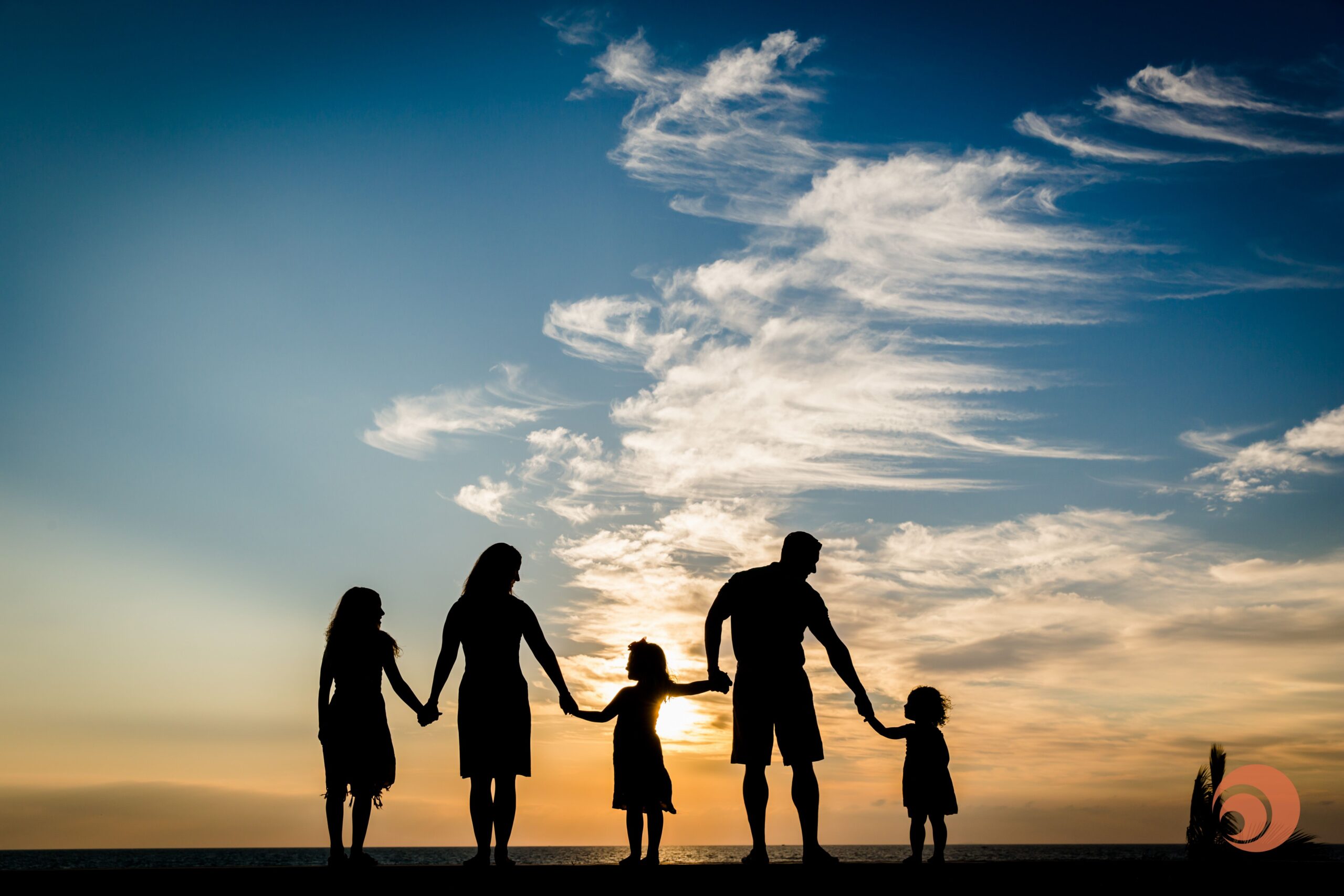Wellness Checks: Understanding Their Purpose and Process
What’s a wellness check?
A wellness check (or welfare check) is a service perform by police officers or health professionals to verify a person’s advantageously being when concerned parties can not reach them. These checks are typically request by family members, friends, or neighbors who worry about someone’s safety or health.

Source: recordsfinder.com
When are wellness checks perform?
Wellness checks usually occur when:

Source: sumosearche.com
- Someone hasn’t responded to calls or messages for an unusual period
- A person with know health issues hasn’t been seen lately
- Concern statements were make suggest self harm
- Elderly individuals miss schedule appointments
- Children appear to be in potentially neglectful situations
The wellness check process
During a wellness check, authorities will:
- Visit the person’s residence
- Attempt to make contact through knock or call
- If necessary, enter the premises when lawfully permit and safety concerns exist
- Assess the individual’s condition and surroundings
- Determine if medical assistance is needed
Legal considerations
Wellness checks operate within specific legal frameworks:
- Police require reasonable cause to enter a home without permission
- Medical emergencies typically justify entry
- Officers must balance privacy rights with safety concerns
- Documentation of the wellness check become part of official records
Request a wellness check
To request a wellness check:
- Contact local non-emergency police number (not 911 unless immediate danger exist )
- Provide the person’s full name, address, and contact information
- Explain your relationship to the individual
- Detail specific concerns and reasons for the check
- Share relevant medical history if applicable
Potential outcomes
Wellness checks may result in:
- Confirmation that the person is safe and advantageously
- Medical intervention if health issues are discovered
- Mental health evaluations when appropriate
- Social service referrals for ongoing support
- Emergency hospitalization in serious situations
Tips for receiving a wellness check
If officers arrive at your door for a wellness check:
- Remain calm and cooperative
- Understand they’re responded to concerns about your safety
- Answer questions frankly about your intimately being
- Request information about who initiate the check if desire
- Consider follow up with concerned parties afterward
Wellness checks for special populations
Different approaches may apply for:
-
Elderly individuals:
Oftentimes involve check for fall risks, medication management, and basic needs -
People with mental health conditions:
May include crisis intervention specialists -
Children:
Could involve child protective services if neglect is suspect -
Veterans:
Might include VA resources and specialized support
Preventive measures
To reduce the need for unexpected wellness checks:
- Maintain regular communication with concerned love ones
- Consider check in systems with family or friends
- Use medical alert systems if health concerns exist
- Inform others of plan absences or communication breaks
- Participate in community check in programs when available



